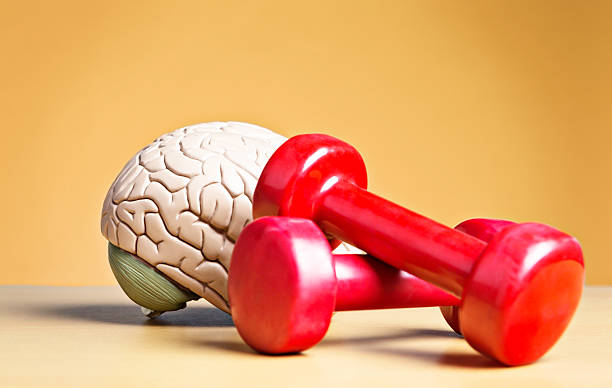We often think of skincare as something that starts and ends with creams, serums, and treatments. While these products play a role, what you eat can be just as important — sometimes even more so. The health of your skin is deeply connected to the nutrients you provide from within, and one of the most noticeable areas this shows up is in skin elasticity.
Elasticity is what gives skin its ability to “bounce back.” As we age, it naturally declines, but diet has a big influence on how quickly those changes happen. Certain nutrients, such as antioxidants, healthy fats, and hydrolized collagen supplements, have been linked to maintaining firmer, more resilient skin. It’s a reminder that glowing skin is often the result of lifestyle choices, not just what you put on the surface.
Contents
Why Skin Elasticity Declines
From our twenties onward, the body gradually produces less collagen and elastin — the proteins that keep skin firm and supple. Sun exposure, pollution, stress, and poor diet all speed up this process. That’s why fine lines, sagging, and dryness become more noticeable over time. While we can’t stop ageing, we can slow its visible effects by supporting our skin from the inside.
Nutrients That Play a Key Role
1. Protein
Collagen is a protein, so ensuring your diet includes enough protein is vital. Lean meats, fish, eggs, beans, and legumes all help your body repair and maintain skin structure.
2. Antioxidants
Found in colourful fruits and vegetables, antioxidants like vitamin C and vitamin E help neutralise free radicals that damage collagen and elastin fibres. A daily dose of berries, citrus, leafy greens, or nuts can provide this protective effect.
3. Healthy Fats
Omega-3 fatty acids, present in salmon, flaxseeds, and walnuts, help strengthen skin’s barrier, keeping it plump and hydrated. They also play a role in reducing inflammation, which supports overall skin health.
4. Hydration
Water is often overlooked, but staying hydrated supports elasticity by ensuring cells function properly and skin remains supple. Herbal teas and water-rich fruits like watermelon or cucumber add variety to hydration habits.
Everyday Foods That Support Elasticity
- Citrus fruits: Rich in vitamin C, which helps the body produce collagen.
- Avocados: High in vitamin E and healthy fats for moisture and resilience.
- Tomatoes: Packed with lycopene, an antioxidant that helps protect skin from damage.
- Green tea: Contains polyphenols that reduce inflammation and support skin structure.
- Eggs: A natural source of protein and biotin, both important for skin repair.
Incorporating these foods regularly is an easy way to support your skin without making dramatic dietary changes.
Lifestyle Habits That Boost Results
Diet works best when paired with healthy habits. Protecting skin elasticity is about the whole picture:
- Use sunscreen daily: UV rays break down collagen faster than anything else.
- Manage stress: Chronic stress increases cortisol, which speeds up skin ageing.
- Stay active: Exercise improves circulation, helping nutrients reach your skin cells.
- Sleep well: During sleep, the body repairs itself — including skin tissue.
The Balance Between Skincare and Nutrition
Topical products can’t penetrate deeply enough to rebuild collagen, but they can protect and hydrate the skin’s surface. When combined with the right nutrition, the results are far more noticeable. Think of it as a team effort: creams and serums protect from the outside, while diet strengthens from within.
Small Shifts, Lasting Impact
Supporting your skin’s elasticity doesn’t mean overhauling your lifestyle overnight. Small, consistent changes — like adding more colourful vegetables to meals, drinking enough water, or taking a daily supplement — gradually create results you’ll notice in the mirror.
The takeaway is simple: diet and lifestyle choices influence skin just as much as any product in your bathroom cabinet. When you nourish your body, your skin reflects that care.
A Healthier Path to Radiant Skin
The connection between diet and skin elasticity is clearer than ever. By prioritising nutrient-rich foods, staying hydrated, and adopting balanced habits, you can give your skin the best chance to stay firm, supple, and resilient. Ageing is inevitable, but how you support your body along the way makes all the difference.




